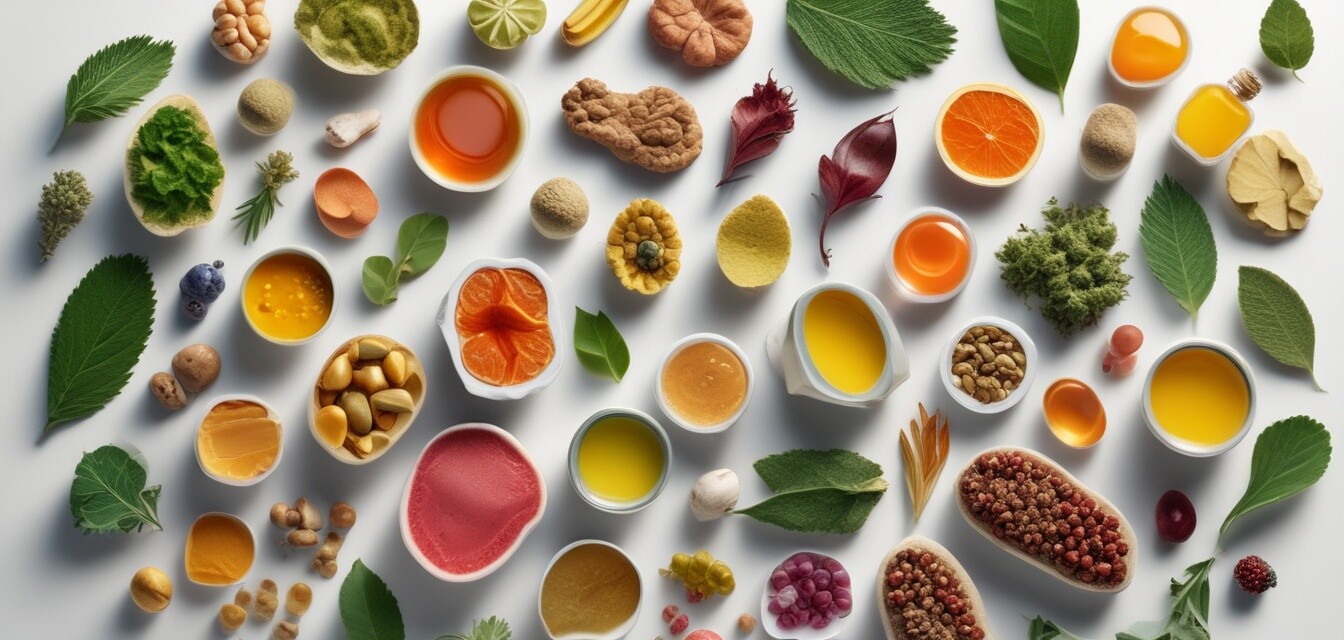
The Benefits of Integrating Herbal Supplements with Prenatal Vitamins
Key Takeaways
- Herbal supplements may offer additional nutritional support during pregnancy.
- Not all herbal supplements are safe to use with prenatal vitamins; consult professionals before use.
- Understanding the potential risks and benefits is vital for expecting mothers.
- Specific herbs may work synergistically with prenatal vitamins to enhance dietary intake.
When it comes to pregnancy, every decision about health and nutrition is crucial. Pregnant women often turn to prenatal vitamins for their essential nutrients, but the idea of incorporating herbal supplements is gaining traction. Let’s explore the potential benefits and risks of integrating herbal supplements with prenatal vitamins, along with some tips for safe usage during pregnancy.
Understanding herbal supplements and prenatal vitamins
Prenatal vitamins are formulated to support the nutritional needs of expecting mothers. They typically contain essential vitamins and minerals such as folic acid, iron, calcium, and DHA. In contrast, herbal supplements consist of various plants and their extracts, which may be touted for various health benefits. Knowing how these two can work together is the first step in evaluating their integration.
Why consider herbal supplements?
Some expecting mothers may feel that herbal supplements can provide additional dietary support. Herbs like ginger, chamomile, and raspberry leaf are sometimes used for their perceived wellness benefits. Here’s a quick comparison of a few common herbal supplements and their potential roles:
| Herbal Supplement | Potential Benefits | Considerations |
|---|---|---|
| Ginger | May help with nausea | Consult a healthcare provider for appropriate dosage |
| Chamomile | Promotes relaxation | Limit intake, as some may have allergic reactions |
| Raspberry Leaf | Thought to aid in labor preparation | Consult healthcare provider about timing and dosage |
Benefits of integrating herbal supplements with prenatal vitamins
There are several potential advantages to combining herbal supplements with prenatal vitamins. Here are some noteworthy benefits:
- Enhanced nutrient absorption: Some herbs may enhance the absorption of key nutrients found in prenatal vitamins.
- Broadening nutritional spectrum: Herbs can provide additional vitamins and minerals that might not be present in standard prenatal formulas.
- Supporting overall wellness: Specific herbs may support emotional and physical well-being during pregnancy.
Risks involved in combining supplements
While there can be benefits to integrating herbal supplements, it is essential to consider potential risks. Consulting with healthcare providers is vital to ensure safety. Here are some risks:
- Possible interactions with medications.
- Inconsistent dosages in herbal supplements.
- Not all herbs are safe during pregnancy; some may cause complications.
Safe practices when integrating herbal supplements
To ensure that both prenatal vitamins and herbal supplements can be safely combined, consider the following tips:
Beginner's Section: Tips for Safe Usage
- Always consult with your healthcare provider before integrating any new supplements.
- Choose high-quality herbal supplements from reputable sources.
- Start with low dosages to observe your body’s reaction.
- Keep a journal of what you take to track its effects on your health.
- Research each herb to understand its safety profile during pregnancy.
Conclusion
Integrating herbal supplements with prenatal vitamins can provide additional nutritional support that many expecting mothers seek. However, it is essential to tread carefully and to prioritize safety above all else. By taking a well-informed approach and consulting with healthcare professionals, expecting mothers can make choices that are best for their health as well as that of their unborn child.
Pros
- May enhance overall nutrition during pregnancy
- Provides variety to traditional prenatal vitamin regimens
- Supports wellness practices in a holistic manner
Cons
- Not all herbs are safe for pregnancy
- Potential for adverse interactions with medications
- Lack of regulation in supplement quality
Further Reading
For those interested in exploring more about prenatal vitamins and their various forms, check out our related articles on Essential prenatal multivitamins, DHA prenatal supplements, and healthy pregnancy tips.
